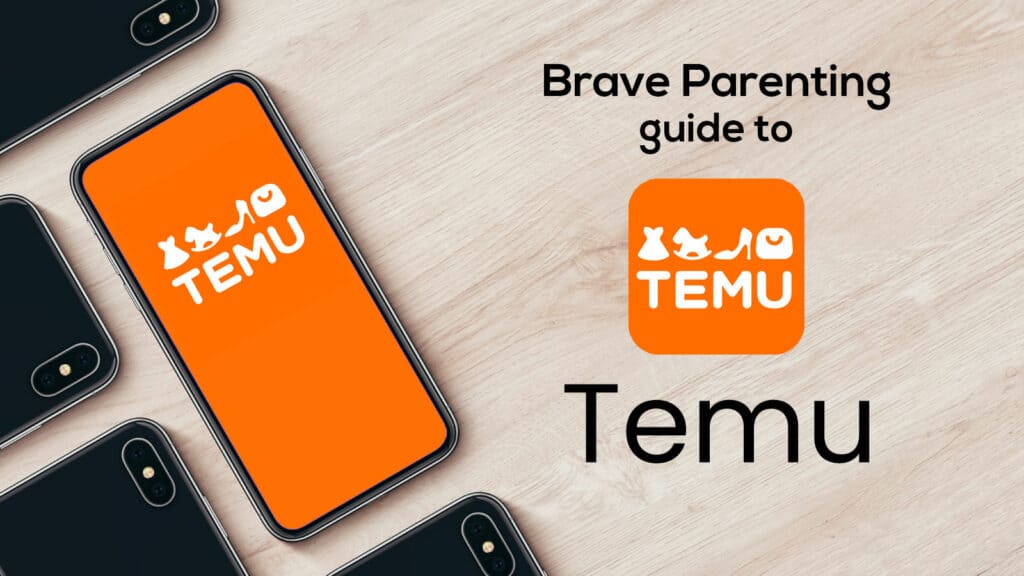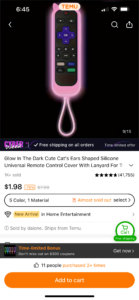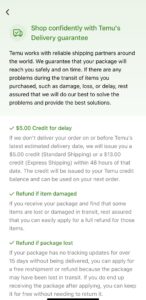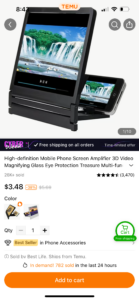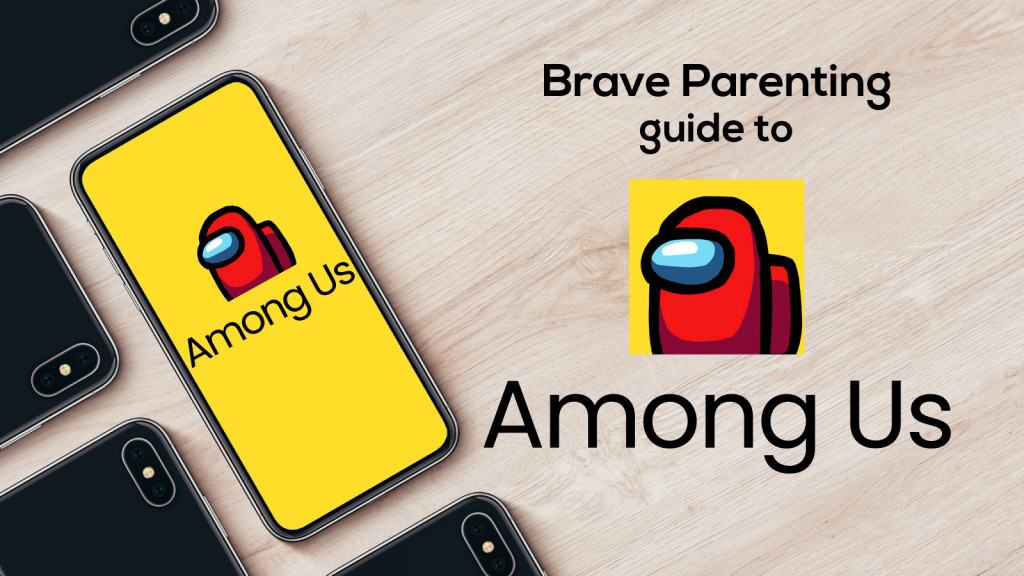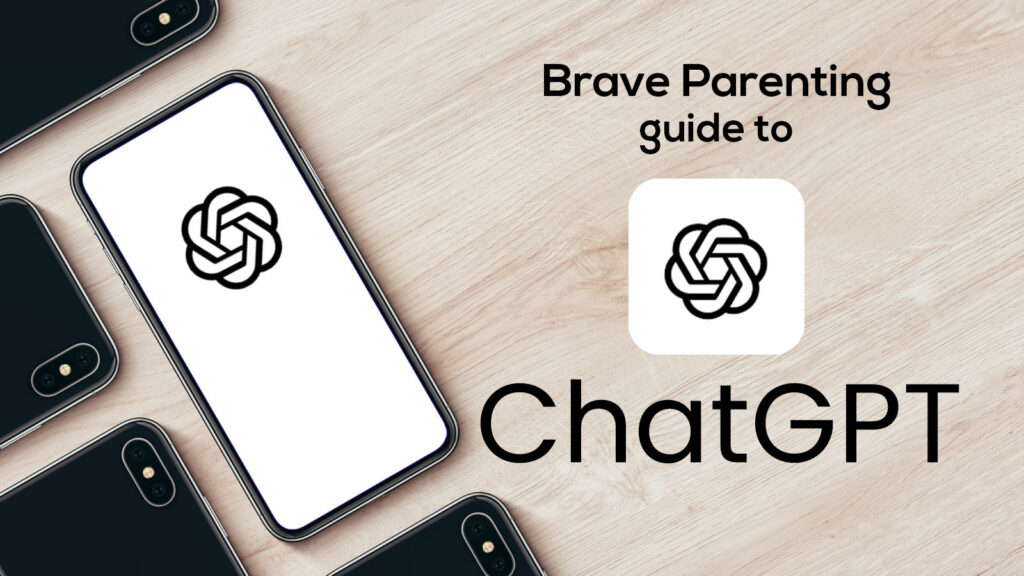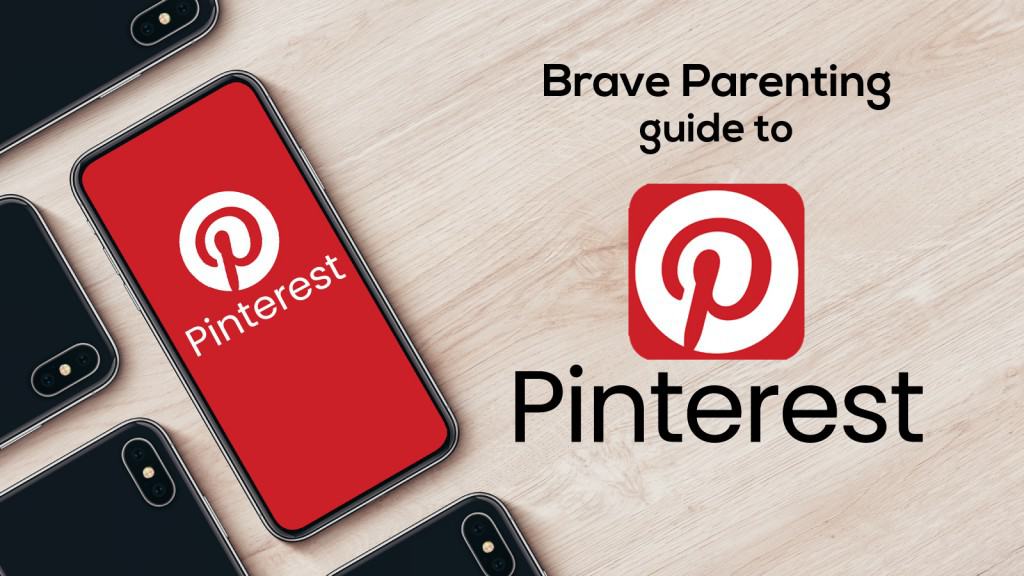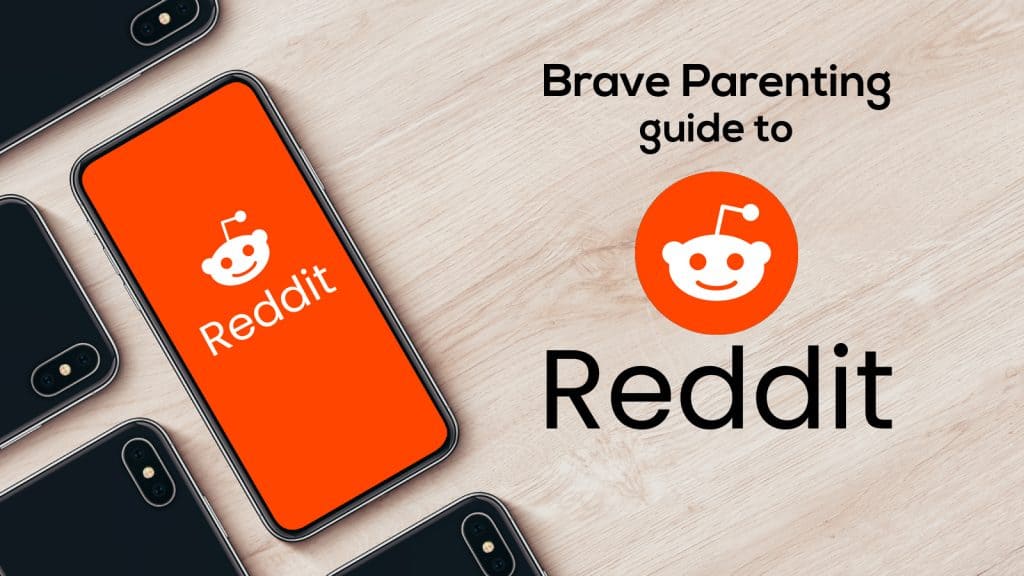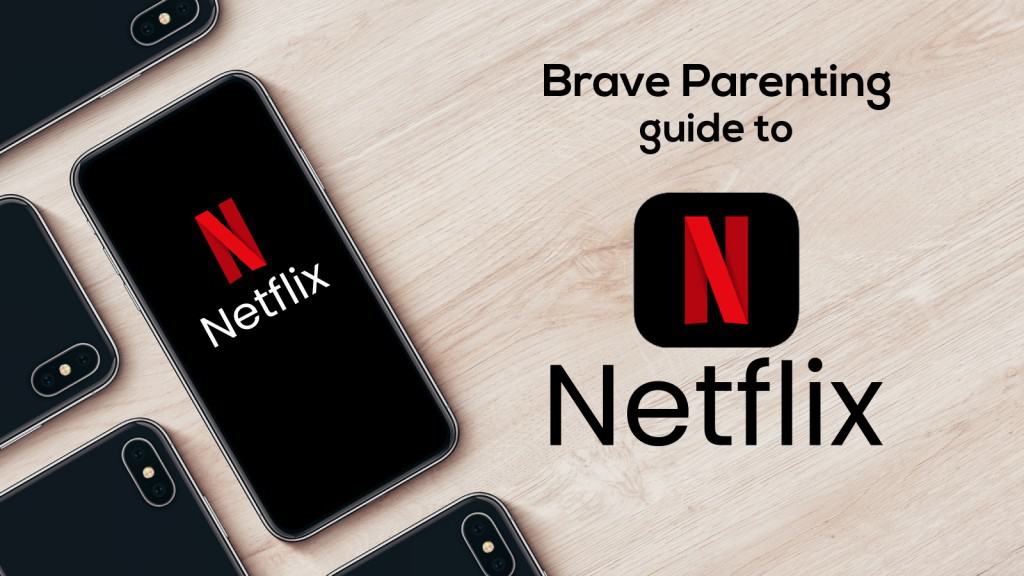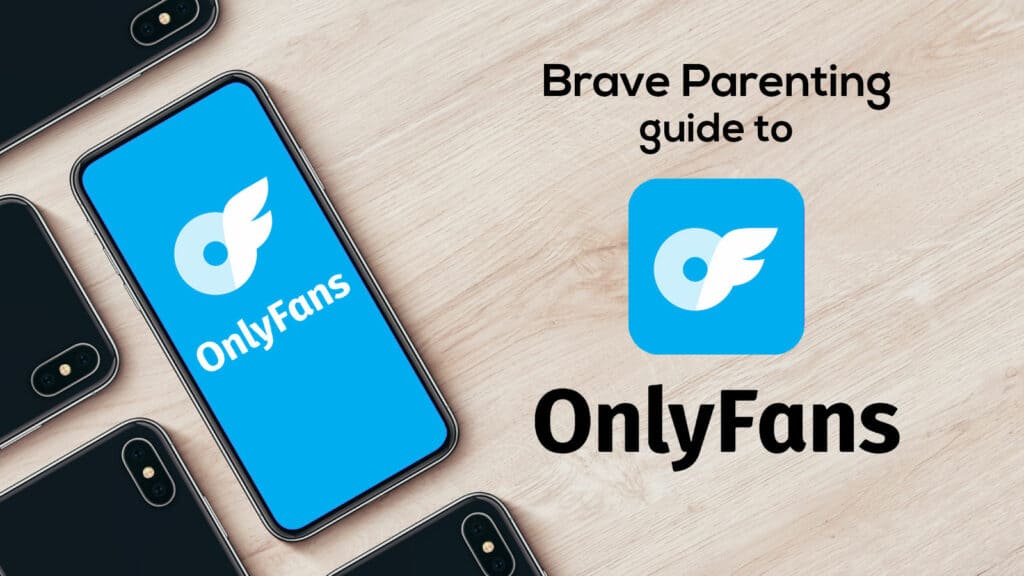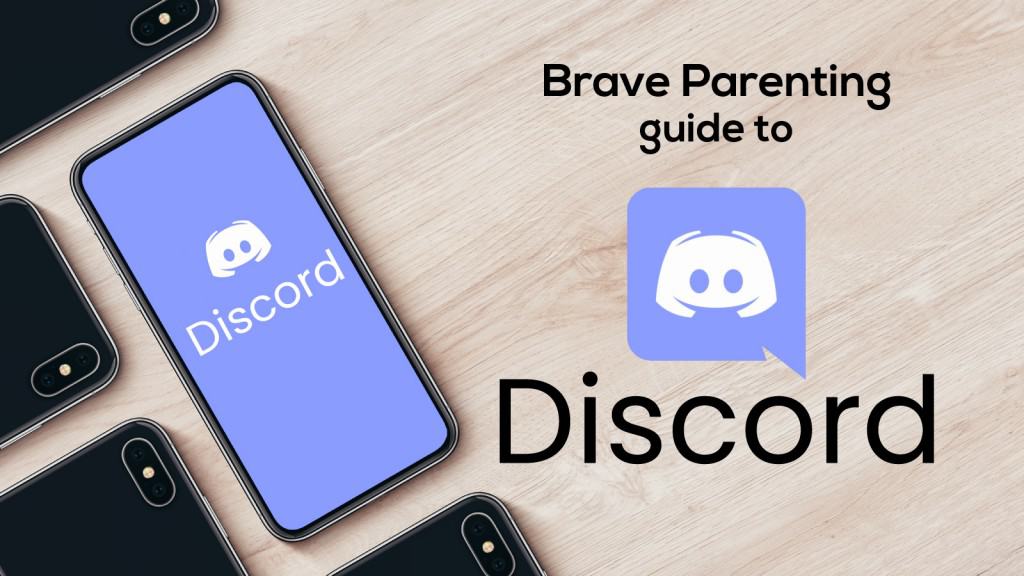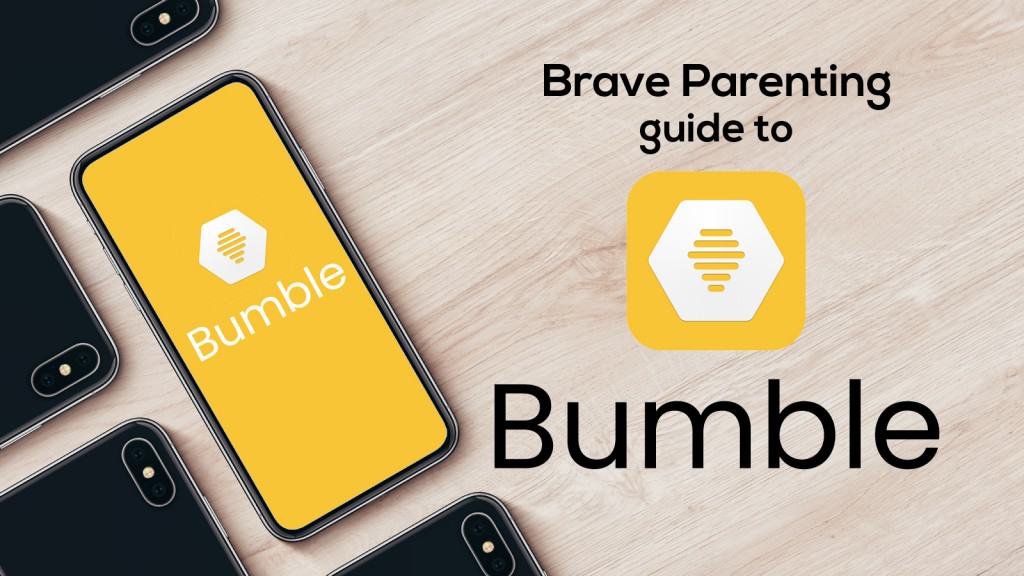What is Temu, and is it safe for teens (and adults)?
Temu is a China-based e-commerce platform known for its wide range of clothing and household goods, but most especially for its unbelievably low prices. The app’s popularity is underscored by its ability to hold the #1 spot in the App Store for nearly all of 2023.
Here are 5 FACTS every parent needs to know about Temu:
#1 How does Temu work?
Temu operates as an online marketplace, where Temu acts as the middleman, connecting consumers with small businesses. So essentially, you are not buying from Temu, you are buying from Chinese and other global merchants that Temu hosts.
Upon downloading the app, you only need an email and password to get started – there is no email verification process. Temu is also accessible from a web browser without creating an account. The shopping platform allows the user to browse popular items, search by shop (local merchants), or peruse one of the over 200 categories of items.
There is quite a range of eclectic items on Temu. Everything from glow-in-the-dark silicone remote control cover with cat ears to lingerie and 53-piece set of car repair tools.
Temu also employs what is called the Next-Gen Manufacturing model, which they claim helps suppliers enhance their product development. Basically, Temu shares all the data it collects on app users with its merchants in order for them to create “hit” products, meet demand, and keep prices low. This draws the customer back into the app, looking for the next new and novel (but not necessary) item.
#2 How are the prices so low?
This is, perhaps, the best question, but we don’t have a clear answer. Temu claims its prices are so low because of its business model connecting customers with wholesale prices from suppliers. Temu handles the shipping, which is free…from China. How can that be? Well, a U.S. government committee has conceded that Temu ships into America cheaply because it operates under the de minimis loophole, which allows imports valued under $800 to come into the U.S. without paying duties, taxes, and fees and undergoing rigorous inspection.
To understand how this is a vital cost-saving tactic, consider that H&M and Gap paid $205 million and $700 million dollars, respectively, on import duties in 2022 alone. Temu mass ships its products (under $800 worth) into the U.S. and then uses the U.S. postal service to deliver around the country.
On top of that, Temu offers a $5 credit if your package arrives outside the timeframe window they have allotted. How can they offer cheap products and cover all the shipping costs?
Well, it should be known that at the time of this writing, Temu is losing money, but its sister company, Pinduoduo, brought in 18 billion in revenue last year. One analyst stated that Temu does not care much about breaking even because its primary competitive advantage is selling products as cheaply as possible. The platform is laser-focused on capturing customer mindshare.
#3 The social media, referral, & gamification strategy
Temu’s success in reaching customer mindshare is directly related to its marketing strategy. The shockingly low prices make for easy content and product promotion for “influencers.” Temu “haul” videos have flooded social media platforms like TikTok and Instagram with organic advertising. One key benefit to social media sharing is the referral rewards (which are only available through the app). A successful referral is defined as a new user downloading and creating an account within a certain time window. If two friends join, the referring friend gets a $20 bonus deposited through PayPal.
The company also does its fair share of advertising. Temu invested millions as it entered into the U.S. market in February 2023 advertising during the Super Bowl. Their slogan, Shop Like a Billionaire, was the perfect bait to lure Americans in.
Now, the app/website itself is akin to Times Square – pop-up boxes promoting unbeatable deals, banner ads offering ways to earn credits and free gifts, self-scrolling categories, flashing lights, and basically every bell and whistle it has room for.
Upon downloading the app and creating an account, the user is immediately prompted to spin a wheel to earn a new user prize. Although I was tempted to simply “X” out of the pop-up, I engaged for the sake of research. I earned a $200 credit if I bought 1 item. Then, they upped the ante and offered me a $300 credit if I purchased in the next 20 minutes….and the countdown clock began.
This isn’t their only gamification strategy, however. Users can ‘Earn Credits & Free Gifts’ at any time. Here they list ways to earn 5 Free gifts in a Cyber Monday sale, Win 4 Freebies in a black Friday deal, $30 in black Friday cash, all the way to playing Fishland or Farmland in order to earn rewards.
Psychologically speaking, there are known emotional responses that occur when something is offered for free. The chemical reward of ‘winning’ tends to override rationality and overlook the hidden costs. Think of it more like $free.99. It says free, but there is a cost somewhere – in the case of Temu, we are led to believe it is in your data and mindshare they gather. As one Reddit user said, “If the sale is too good to be true, you are the product.”
#4 Safety and ethical concerns
Temu has some cause for concern due to the actions of its sister company Pinduoduo, which allegedly used its app as malware (malicious software) to spy on and gain critical user information. Apple’s App Store and Google Play Store banned the app due to their concerns. According to sources, the team of engineers running the operation was sent to work for Temu.
Thus, many are concerned that Temu is likewise, collecting more data than they need to. Like TikTok, a corresponding concern for many Americans is that these are China-based companies that are beholden to the Communist Party. One security expert stated that Temu is not transparent with the information they are collecting. That said, Temu makes a great effort to ease the conscience of the user, repeatedly emphasizing that your personal data is private, safe, and secure.
With such low prices from a Chinese marketplace, naturally, there are also concerns with ethical practices of production. Temu’s third-party code of conduct strictly opposes forced labor and insists its vendors comply with safe, non-abusive working conditions. Nonetheless, the U.S. House Select Committee’s report states that Temu does not have an auditing or compliance program to ensure sellers remain in compliance with its Code of Conduct.
A final concern is whether Temu and its suppliers are environmentally ethical. The app promotes their “tree planting commitment” but mentions nothing about their suppliers’ standards. Critics argue that many of these companies also distribute products containing harmful chemicals that eventually end up in landfills (because they are cheap, short-term use).
#5 App Rating & Review
App Store: 4+
Google Play: T for teen
Brave Parenting: Not Recommended
Apps like Temu provoke the sentiment: Just because I can does not mean that I should. As a society, social media has elevated commercialism and materialism to a whole new level. Basic doesn’t attract followers, and boring doesn’t attract likes. Everything has to be fresh, new, and novel in order to gain attention – and especially to keep that attention. It would seem as though Temu has tapped into the collective mindshare of Americans on social media and stepped in to fulfill their need to always have something new and novel – but not break the bank. While this is the function of a capitalist market, the methods of psychological manipulation built into the shopping platform create a gambling-style experience that goes beyond meeting a genuine need. Just because they can exploit the emotional vulnerabilities of people does not mean they should.
While there are valid concerns over data safety and ethical labor practices, the foremost reason Brave Parenting does not recommend using the Temu platform is the gamified marketing tactics that addict users. Temu certainly isn’t the company taking advantage of these gamified methods, but with Temu, there is a distinct and overwhelming sense of manipulation. Individually, there is nothing inherently wrong with referral programs, reward points, and pop-up discounts that attract shoppers. When they are all put together in a low-friction, insanely low-priced shopping platform preying on emotional vulnerabilities like FOMO, it does not serve a genuine need of society. And if it doesn’t serve a need but only amplifies weaknesses like self-control, greed, instant gratification, gluttony, and fear, there should be no place for this app in the lives of teens, young adults, or parents.
Jesus said, “For what will it profit a man if he gains the whole world and forfeits his soul? Or what will a man give in exchange for his soul?” (Matthew 16:26)
There is not a single deal through Temu that is worth forfeiting your soul – or even sacrificing your attention span, time, money, privacy, or personal data.

